Alright – so today we’ve got the honor of introducing you to Luísa Dalé Silva. We think you’ll enjoy our conversation, we’ve shared it below.
Luísa, looking forward to hearing all of your stories today. How did you learn to do what you do? Knowing what you know now, what could you have done to speed up your learning process? What skills do you think were most essential? What obstacles stood in the way of learning more?
What I love about filmmaking, and especially cinematography, is that it’s a never-ending learning experience. There are some rules (not recipes for a successful film, though) and you got to learn them until you can break them. But it’s imperative to know the foundations of it. I’ve been learning it for the past 10 years when I first started working on film sets as a make up and hair assistant in shorts and feature narratives. Just by observing people’s dynamics, work ethics, etc. I shifted to cinematography because I was already a still photographer as well and cinematography was learning how to work with the images I’d been creating but in motion, which is, in my opinion, a great challenge when you come from a still photography background. I don’t really believe in “what could I’ve done”, I think it’s a waste of time to lead my life thinking what could I’ve done. I could have had a whole different life! But I chose this path, sometimes I didn’t make the choices that were more comfortable or brought me immediate satisfaction, but I am where I am because of them. And I am pretty happy where I am and what I can envision for my future.
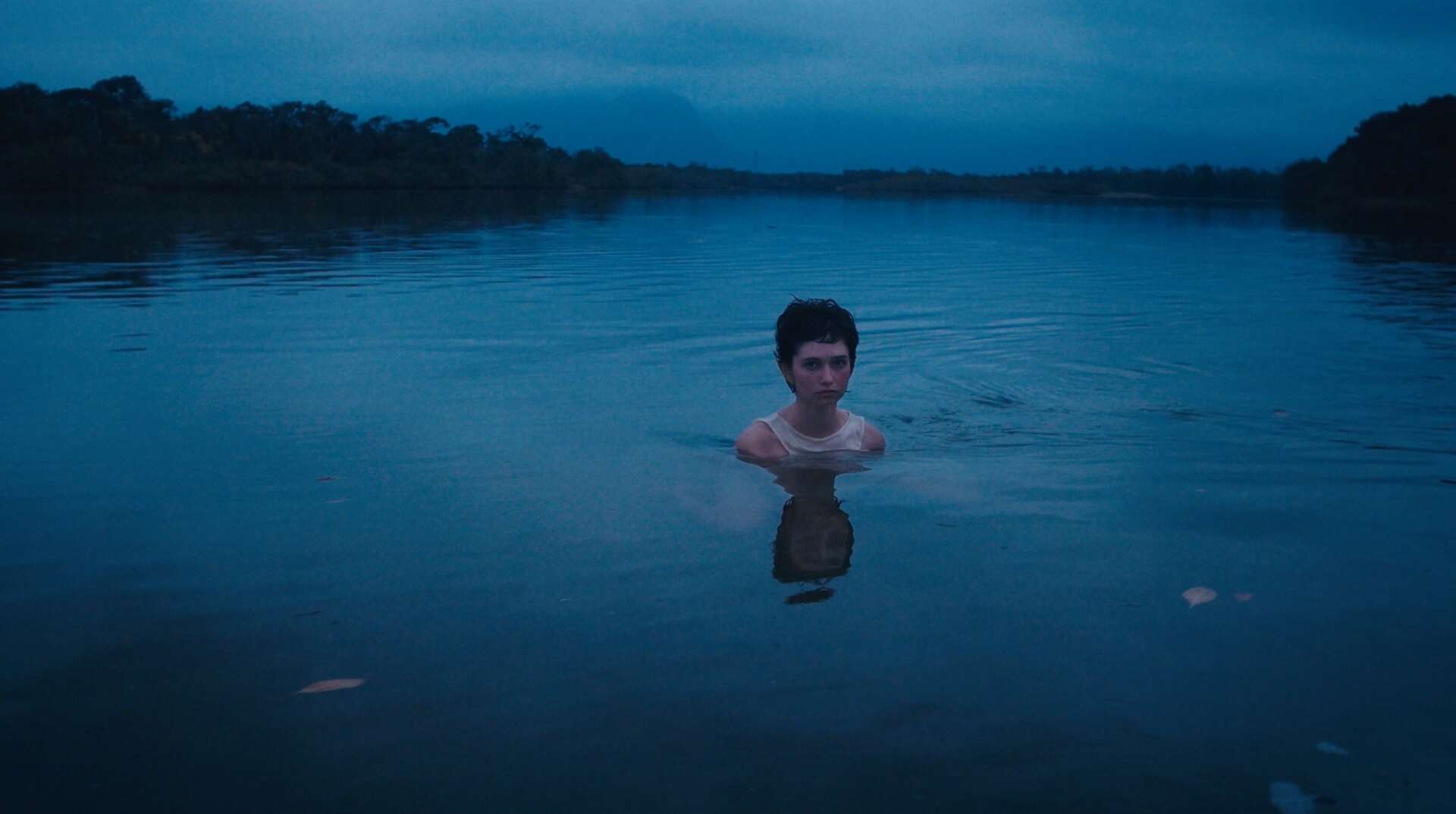
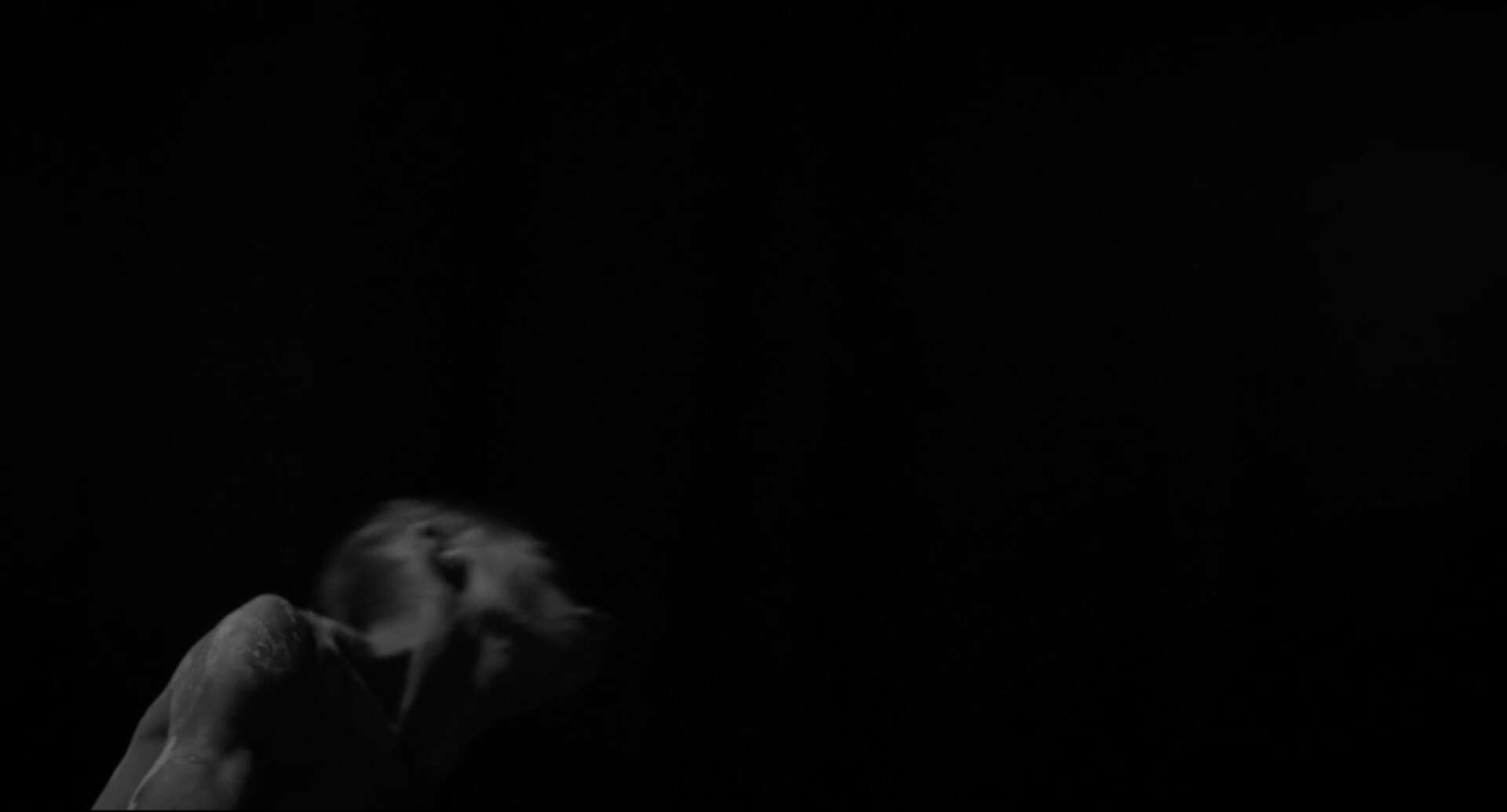
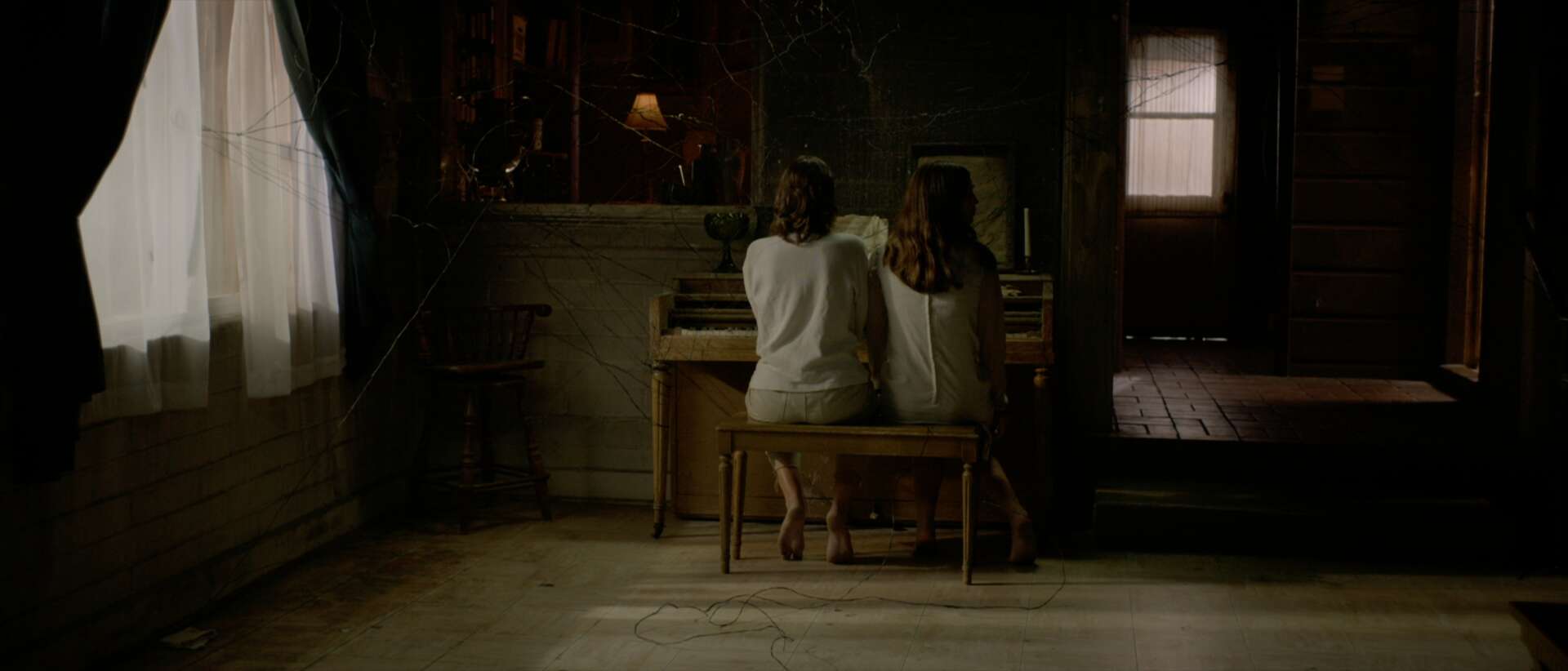
Luísa, love having you share your insights with us. Before we ask you more questions, maybe you can take a moment to introduce yourself to our readers who might have missed our earlier conversations?
I’m from Brazil, the 5th largest country in the world, a country so rich in its culture and natural resources. I was born in the State of São Paulo but spent a vast part of my life in the young capital, Brasília, a city that was built in the 60s to be the new capital of Brazil, no longer Rio. I had a beautiful childhood where I could play freely in the streets, take buses around the city and enjoy the lake with my family. I’ve moved quite a few times in and out of my country due to my father’s profession, an airplane pilot, which I think really helped me see Brazil from different perspectives and even understand better who I am when I’m outside it. As a cinematographer living in LA, going back to my origins through my work means finding the humanity in every aspect of my technical and creative choices. Brazil is famous for its spontaneous and happy people, which, in general, is true. And it’s one of the things I mostly miss when I’m away. We also have a sad story of exploitation and colonization that enslaved our people and people from African countries brought to Brazil, and impoverished our Nature. This past still has its consequences nowadays with politicians governing for the white and rich and racism is embedded in our blood due to the colonized education we’ve been getting since we were invaded in 1500. I’m saying all of this because as a white Brazilian woman, with European ancestry, it is my duty to always be reflecting on who I am and what it means to be me in the world I live in now, My work is a reflection of myself and my culture. I look for the diverse and colorful Brazil when I’m creating, I look for stories that haven’t yet been told to a vast audience to inspire me with my creativity, I look for our spontaneity and the imperfections that make life and humanity beautiful. There isn’t anything that inspires me more today than re-discovering my roots.
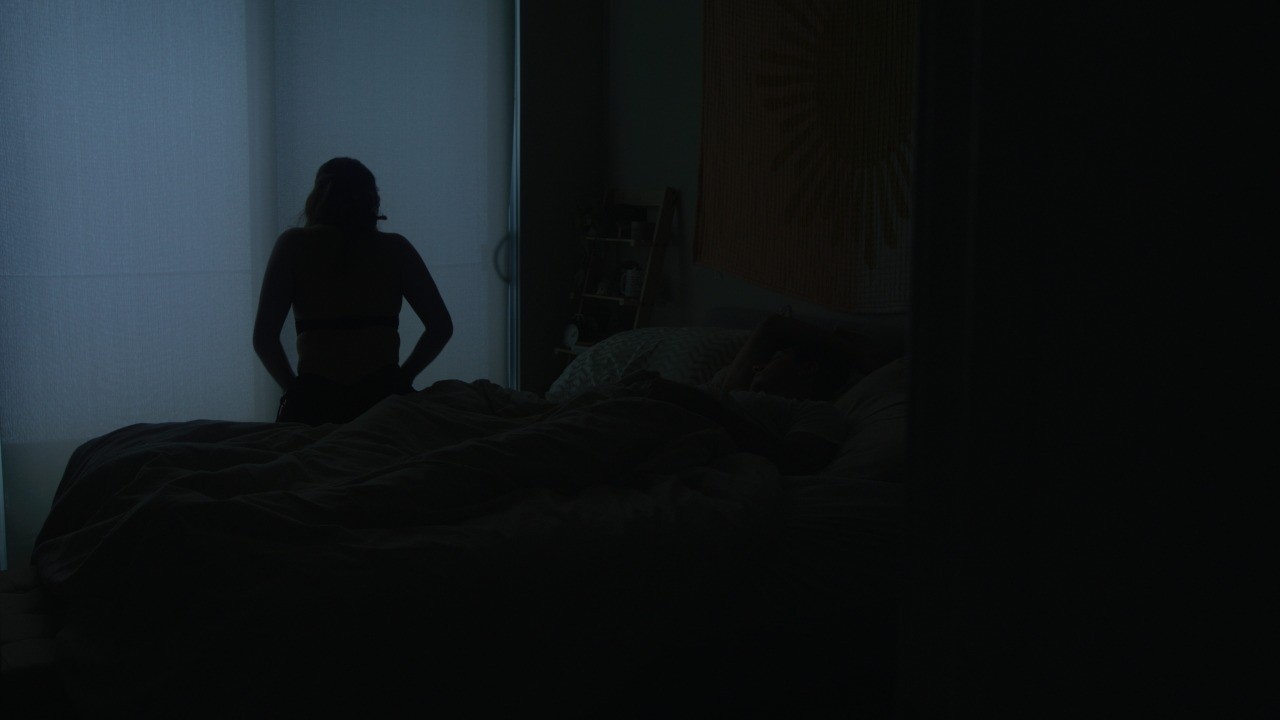
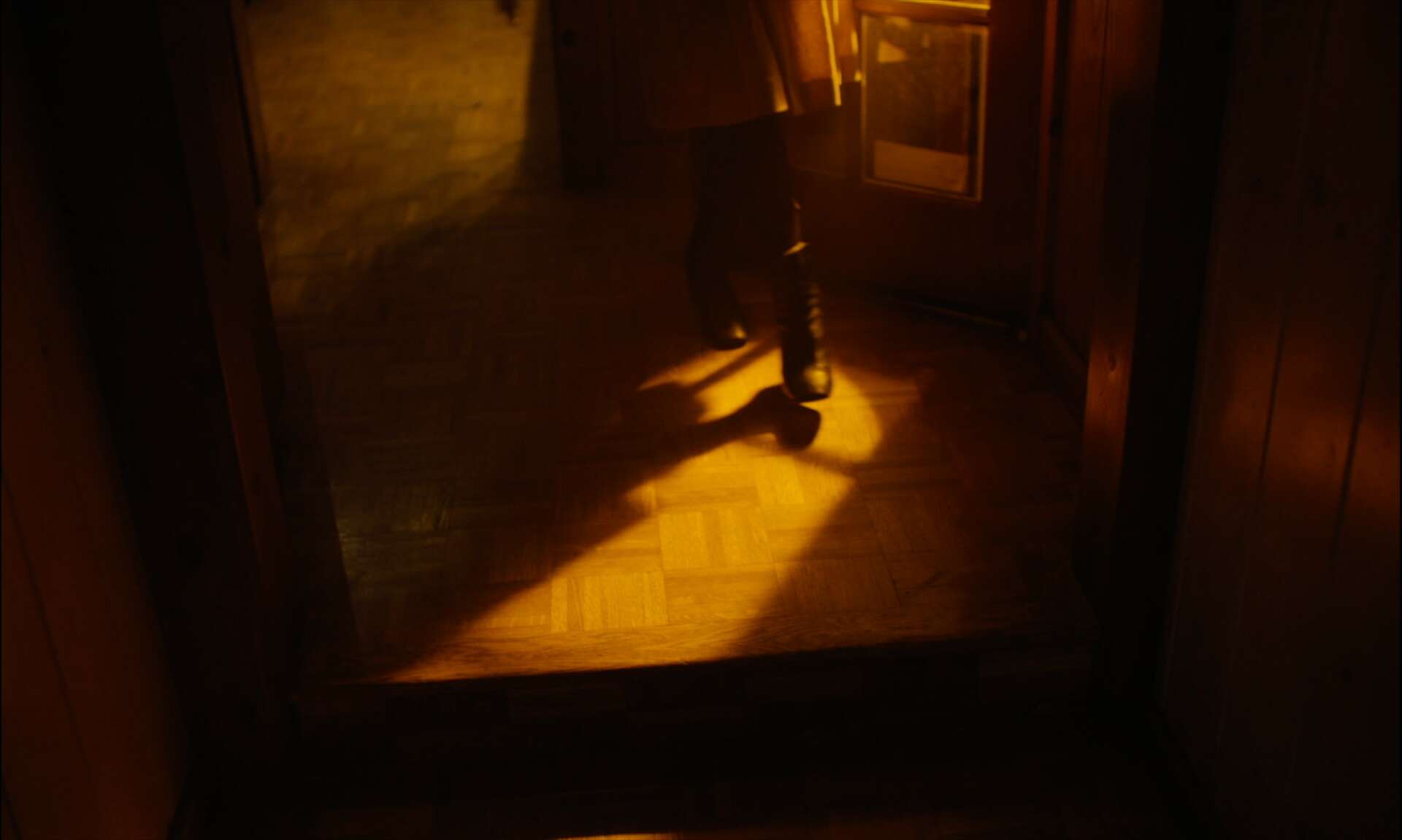
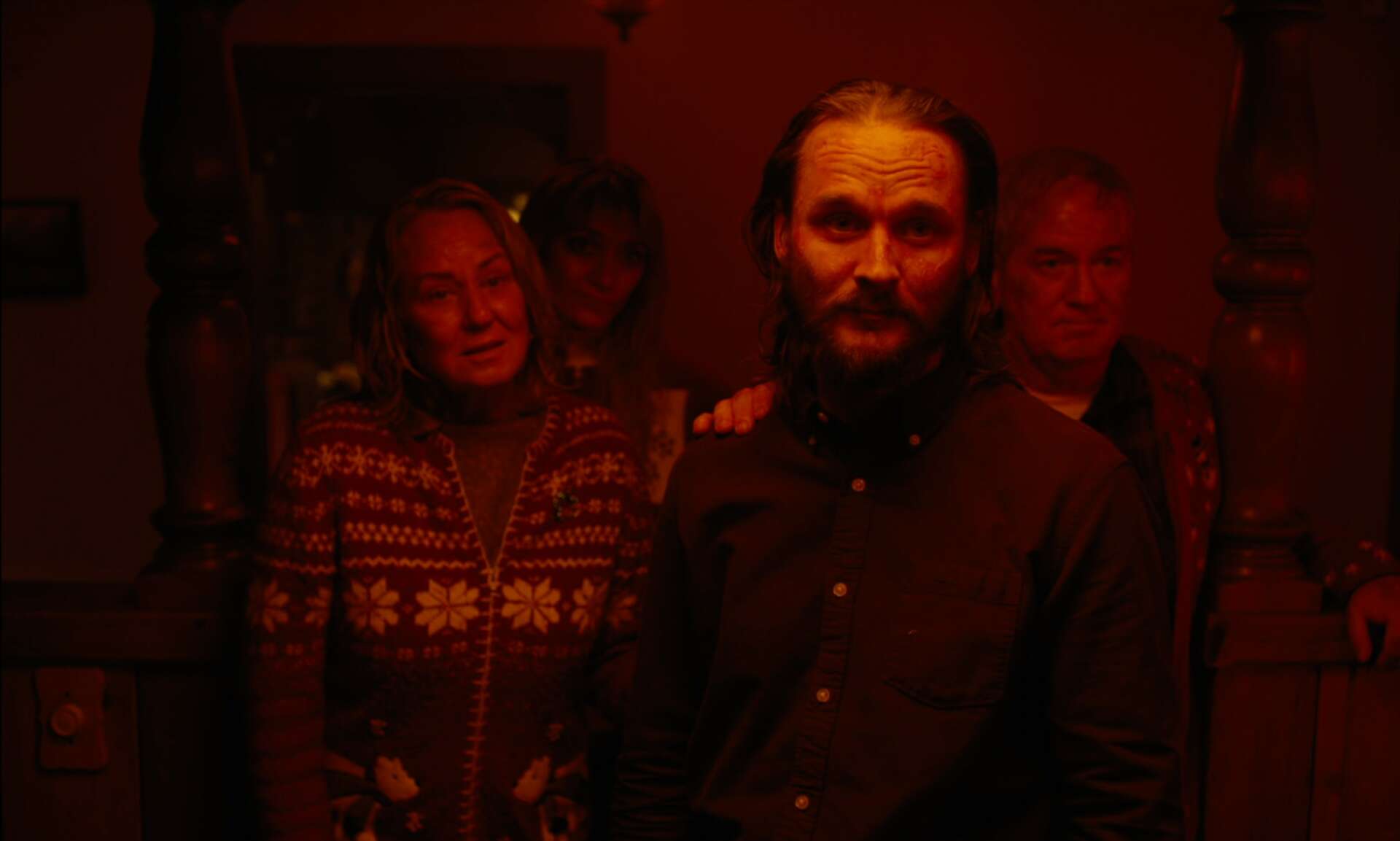
Have you ever had to pivot?
I’ve had so far 2 pivots that I consider big stepping stones in my career and life. The first one was when I moved to Italy when I was 26 and found myself in a country where I didn’t know how to communicate properly and had not much any idea of how I was going to live there, I went because I felt a need to find out more about my ancestry and be open to the experiences that would open up to me. It was an interesting moment in my life, I had time to reflect – in a hard way sometimes – and it was fundamental for me to find strength and go after what I really wanted, with no fear. That’s when I decided to move to Barcelona to pursue a Cinematography program in ESCAC (a branch from the University of Barcelona dedicated to filmmaking), after I finished it, I went back to Brazil and literally on the day after I arrived, I was already on set working as a Cinematographer. The second time is when I decided to apply for the American Film Institute, the MFA in Cinematography, which had been in my mind for some years now, and I finally had a good porftfolio to apply and fortunately I passed. My goal is to work with narrative filmmaking and coming to AFI has proved to be the best decision to support me on this path.
Do you think there is something that non-creatives might struggle to understand about your journey as a creative? Maybe you can shed some light?
That’s a good question. I’ve never had a professional journey not being a creative, so I don’t really know if what I’m going to say is exclusive to creatives but I think it’s harder for other careers to understand that as a creative there aren’t really “steps up” in a linear fashion. Being a creative is knowing how to navigate the waves, sometimes they’re serene and chill, sometimes they’re angry, huge and hard to overcome. And these harder waves they can come from all directions, especially from within us. What I mean is our paths are frequently seen as “unstable” , “not solid”, etc. But being a creative is just another form of living, nothing else. It’s a path with a lot of subtleties and no recipes for success, and it’s definitely a non-linear path.
Contact Info:
- Website: www.luisadale.com
- Instagram: www.instagram.com/luisadale
- Linkedin: https://www.linkedin.com/in/luisa-dale-528a2120/


